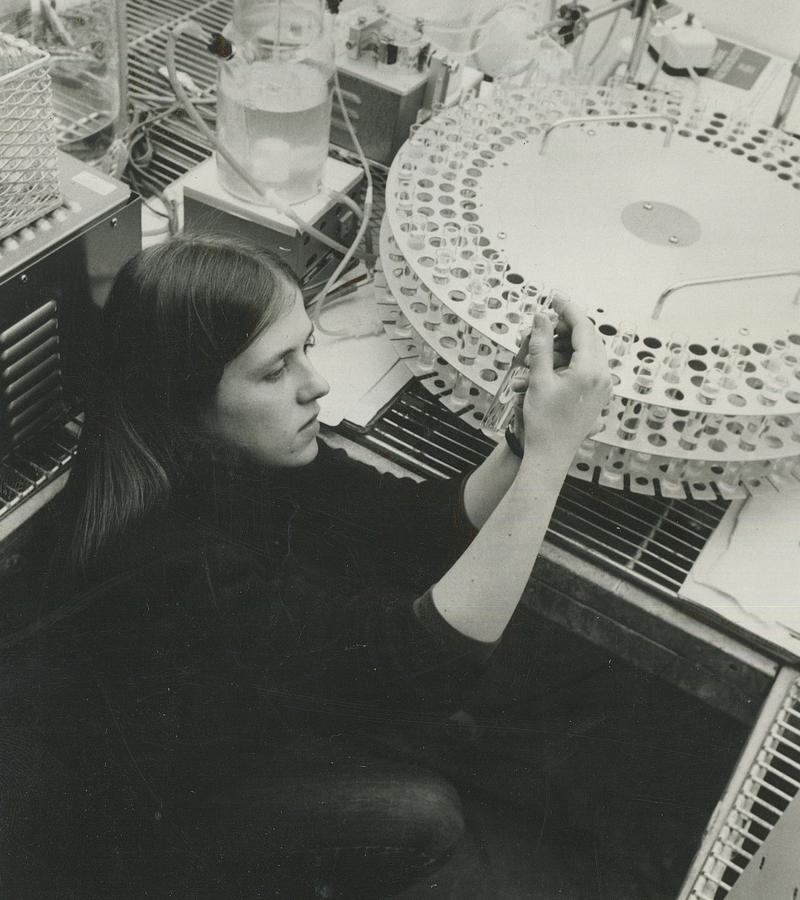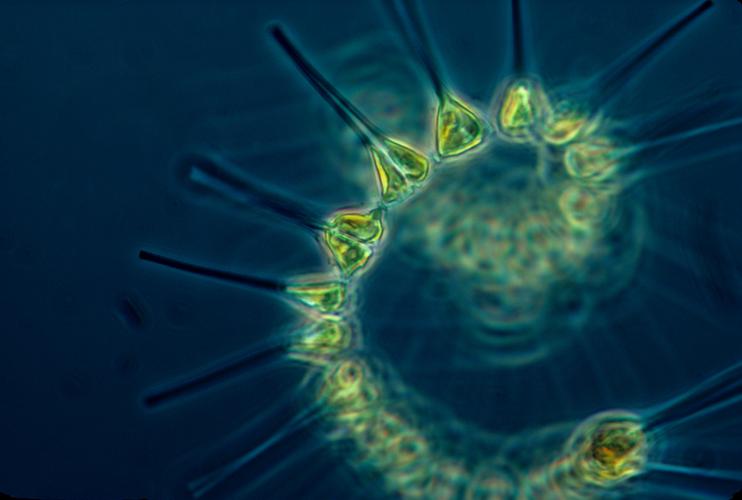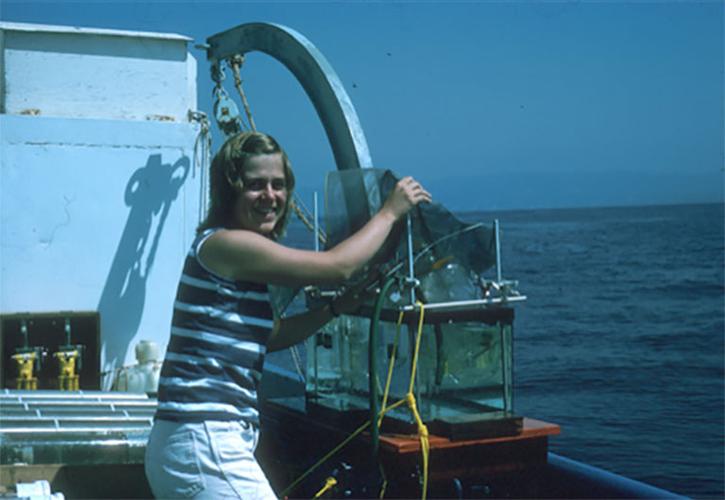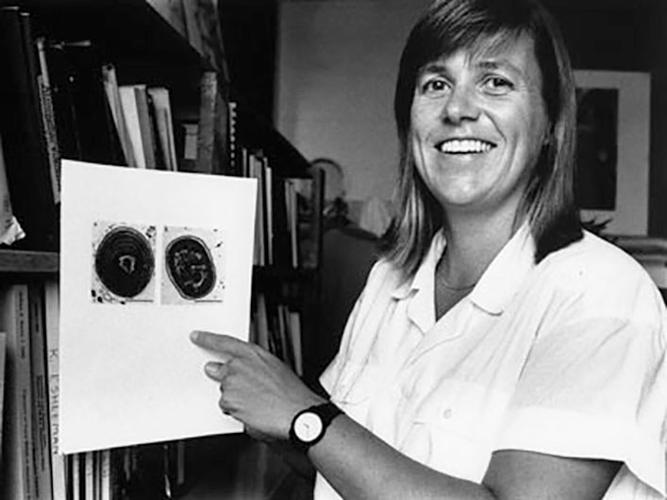If you’ve taken a deep breath of fresh air today, you can thank Sallie “Penny” Chisholm. Well, actually you can thank a microorganism discovered by Chisholm and her team at MIT. In 1988, they uncovered the existence of a microscopic bacterium that is responsible for producing more than half of the oxygen in our planet’s atmosphere.
This microorganism, called Prochlorococcus, was completely unknown to science before then, but is now widely understood to be one of Earth’s most abundant photosynthetic organisms. It is also one of the oldest, being a direct descendent of the first photosynthetic cells that began pumping oxygen into Earth’s atmosphere over four billion years ago.
Chisholm has gone on to study almost every aspect of Prochlorococcus, from its genome to its impact on the whole ocean ecosystem, and how it is affected by climate change. As a joint professor of engineering and biology, she has built a multidisciplinary lab that brings together scientists and researchers from across a huge number of disciplines.
“I think of myself as a conductor of an orchestra,” she has remarked, “and they’re all playing different instruments… but you put it together and it makes for really beautiful music. It requires lots of collaboration and coordination…and it’s just incredibly fun to watch.”
Chisholm is dedicated to making sure that the groundbreaking research her lab does gets shared and communicated with the outside world. She is the coauthor of three groundbreaking children’s books that explain photosynthesis and other ecological processes in terms anyone can understand. She has described the process of distilling complicated science down to its key elements as incredibly challenging, but also richly rewarding.











